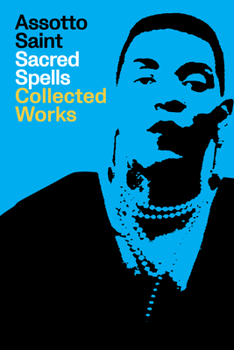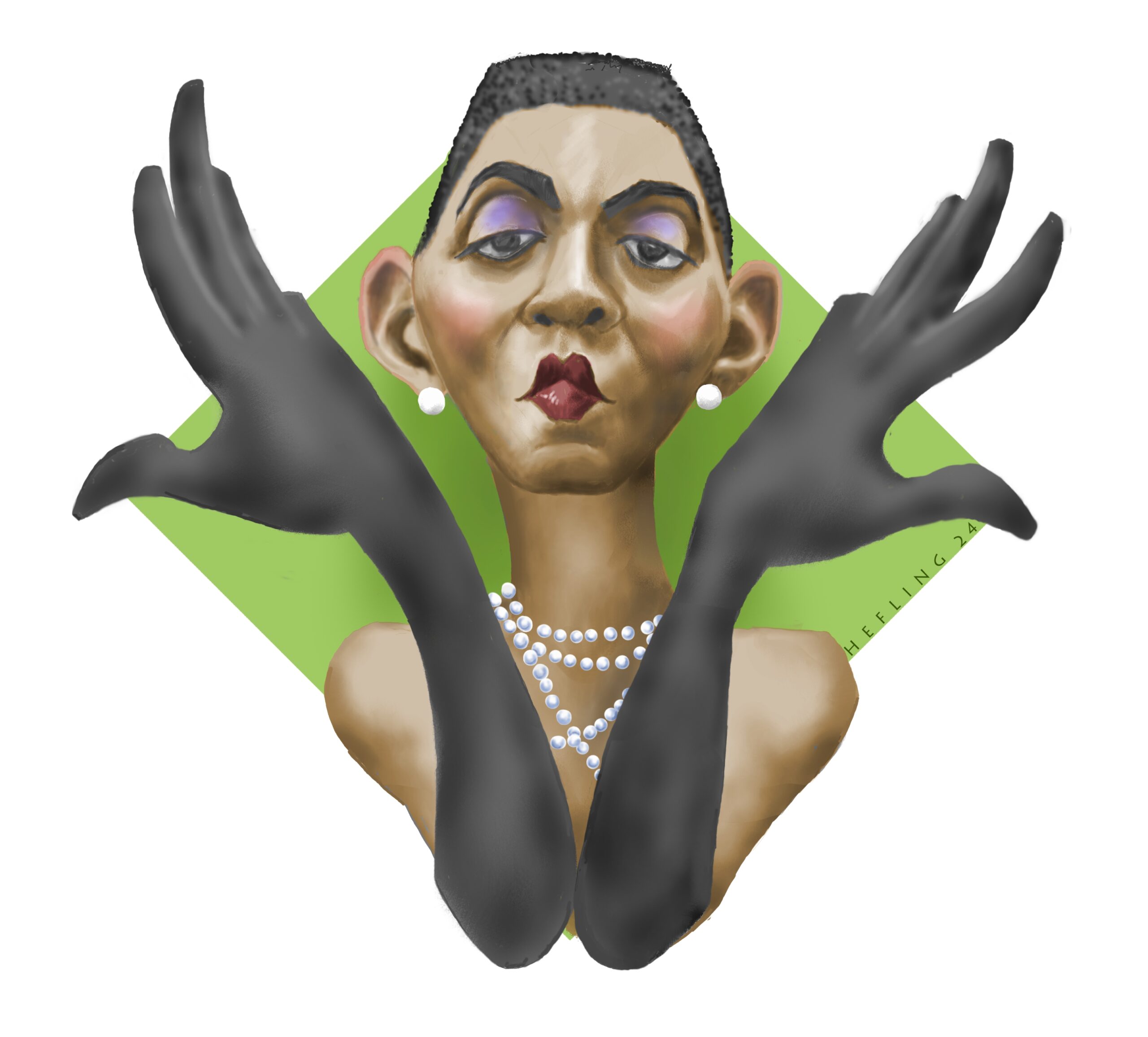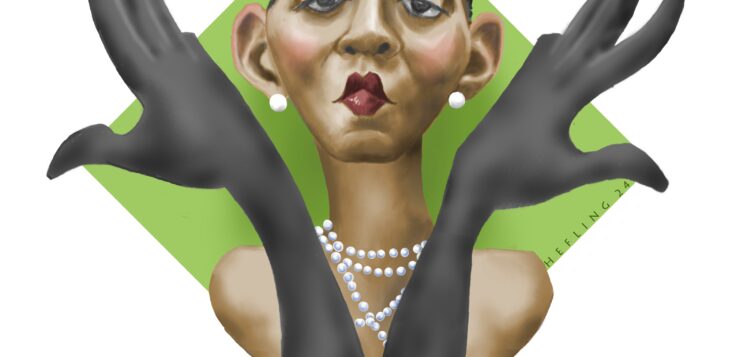 SACRED SPELLS
SACRED SPELLS
Collected Works
by Assotto Saint
Edited by Michele Karlsberg
Nightboat Books
392 pages, $22.95
HOLDING a volume of a writer’s collected works can feel like holding their life in your hands. This is perhaps even more viscerally true when the person is someone like Assotto Saint, who had a brief but intense and productive life, dying in 1994 from AIDS-related complications at the age of 36.
Saint was a founding member of the Blackheart Collective, and published numerous collections of his own poetry, editing two anthologies, notably The Road Before Us: 100 Black Gay Poets (1991). Sacred Spells is a collection of exemplary poems, essays, stories, plays, and even some performance pieces. The plays and performance pieces are hard to judge without the presence of Saint himself, who would undoubtedly have made a great impact, based on his writings and the testimonials of friends and fellow artists included in the book. But it is the poetry—and the editor claims that Saint viewed himself as a poet first and foremost—that constitutes his lasting legacy, being at times fierce, angry, tender, and poignant. It is poetry that bristles with indignation even as it aches with loss and sorrow.

Saint’s chronicles of his daily battles against AIDS, the inaction of the U.S. government, the endemic homophobia in American society, and the ubiquitous racism are vividly on display, notably from the perspective of someone who checked all the most discriminated-against boxes: Black, Haitian, gay, and HIV-positive. But perhaps his most affecting poems are the ones about the loss of his longtime lover, Jan Holmgren. In the beautiful elegy “A Lover’s Diary,” written after Holmgren’s passing, we see the writer mourning in the “cool one a.m. mist/ edge of Christopher Street piers/ alone with questions.” Touchingly, he writes: “sweetheart, see you soon/ will read the ribbon that wraps/ the spray I order/ fifty-three new-red roses/ one for each year of his life.” In “Nuclear Lovers,” arguably his most poignant poem (indeed, Saint used the title of this poem as the epitaph for his and his lover’s tombstone), Saint writes: “let us run to the river/ where we first met … we will dig a deep hole/ in the earth/ lay together/ centuries later /when they excavate/ they shall hear two hearts/ regenerate love/ in the universe.”
Saint repeatedly called for poems and stories that didn’t play it safe. Indeed, his funeral plans called for his coffin to be carried down Seventh Avenue by ACT UP members, snarling and disrupting traffic. He invoked his fellow sufferers to become “muthafuckhas with messages and a mission,” rallying them to compose “poetry … written/ with blood.”
While the essays and stories seem a bit dated and of lesser importance, except perhaps as period documents, the poems comprise a wonderful rediscovery of their times. There are numerous evocative lines and moments in the plays as well; indeed, the line between poetry, drama, and performance piece grows blurred enough to make one wish Saint were still around to perform them. One wonders what else he might have been able to achieve with more years of life. Thankfully, based on this welcome (and handsomely designed) collection, Saint’s legacy has been given new and vibrant visibility.
Dale Boyer’s new book is Columbus in the New World: Selected Poems.






